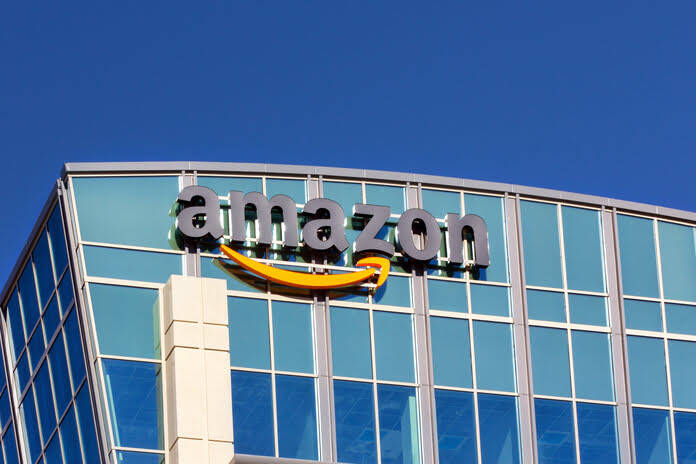Alibaba Group Holding (NYSE:BABA), the prominent Chinese conglomerate, has reported a robust surge in quarterly revenue, marking its strongest growth in nearly two years. This impressive performance comes despite the prevailing economic turbulence within China, as the company’s domestic e-commerce division strategically targets budget-friendly products to entice consumers amidst a subdued financial landscape.
For the first quarter, Alibaba (NYSE:BABA) achieved revenue of 234.16 billion yuan ($32.29 billion), reflecting a 14% increase compared to the same period in the previous year, which was impacted by stringent pandemic-related lockdowns. This figure surpassed the projections of analysts, who had estimated revenue to be around 224.92 billion yuan, according to Refinitiv data.
The company’s shares, listed in the U.S., experienced a notable upswing of up to 5.6%, reaching $100.1 during early trading.
An analyst at Citi Bank, Alicia Yap remarked, “While most investors had anticipated a decent quarter, the extent of this outperformance, particularly in terms of profitability, likely exceeded the majority of expectations.” Alibaba’s net profit witnessed an impressive 51% year-on-year increase.
This recent revenue achievement marks a substantial improvement from the marginal to 3% growth observed in the past four consecutive quarters.
However, apprehensions have arisen about the trajectory of China’s economy, which experienced a setback following an initial brisk recovery subsequent to the relaxation of COVID-19 restrictions late last year. In an alarming development, China reported a state of deflation in July at the consumer price level. This occurrence is expected to dampen further consumer willingness to spend.
During an earnings call following the announcement, Alibaba Group’s CEO and Chairman, Daniel Zhang, stated, “While the latest macroeconomic data indicates certain uncertainties in the pace of post-COVID recovery, our businesses are displaying promising trends as economic and consumer activities continue to regain momentum.”
The revival in consumer spending on Alibaba’s Taobao and Tmall marketplaces, notably propelled by the June 618 shopping festival, China’s second-largest online shopping event, played a pivotal role in boosting revenue for the first quarter ending in June.
Notably, competition has escalated recently from competitors renowned for their offering of cost-effective products, such as PDD Holdings (NASDAQ:PDD) Pinduoduo and ByteDance’s Douyin, the Chinese counterpart of TikTok. Both of these contenders pose substantial challenges to Alibaba’s market dominance.
In response, Trudy Dai, the CEO of Taobao and Tmall Group, has outlined Alibaba’s intention to invest more in attracting price-conscious consumers, particularly young and elderly shoppers, along with those hailing from China’s lower-tier cities. Dai affirmed, “Our commitment to providing value-for-money offerings will persist and stand as a significant area for substantial investment.”
One indicator of progress is the 6.5% upsurge in daily active users observed in June for the Taobao app, which predominantly features lower-cost merchandise in comparison to the brand-focused Tmall platform.
While the Cloud Intelligence Group, a notable growth driver beyond e-commerce operations, reported a modest revenue increase of 4%, the division’s underlying profit more than doubled. This transformation was facilitated by the success of the workplace collaboration tool, Dingtalk, in reducing costs.
This earnings announcement marks the conclusion of Daniel Zhang’s tenure as CEO and Chairman, as he is set to step down from these roles in September to concentrate on leading Alibaba’s cloud division. The cloud unit is anticipated to initiate an IPO in the near future, following Alibaba’s announcement in May about spinning off the division for an IPO within the next 12 months.
The responsibility of CEO will be transitioned to Eddie Yongming Wu, the chairman of Alibaba’s Taobao and Tmall Group, while Executive Vice Chairman Joseph Tsai will ascend to the role of chairman.
Notably, regulatory apprehensions have abated for China’s tech giants, including Alibaba (NYSE:BABA), this year, as Chinese authorities aim to foster increased confidence within the private sector.
This quarterly report is the first since Alibaba restructured its business into six distinct units, a move that experts believe could potentially alleviate scrutiny of the tech giant’s operations.
Featured Image: Freepik













